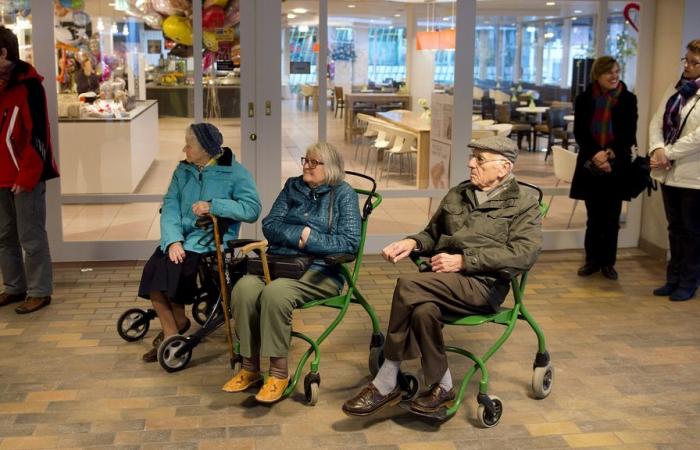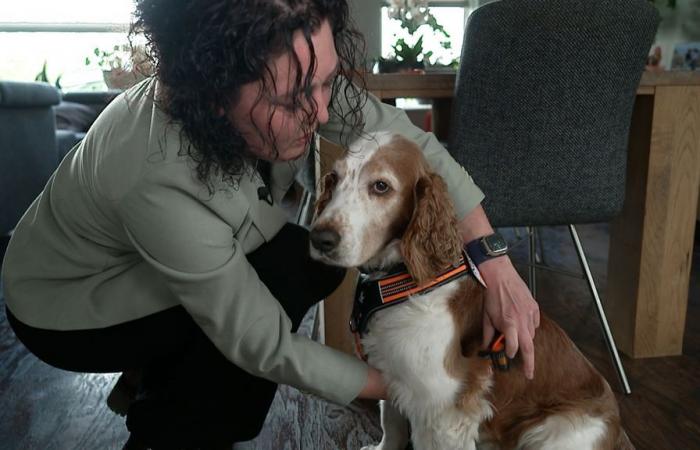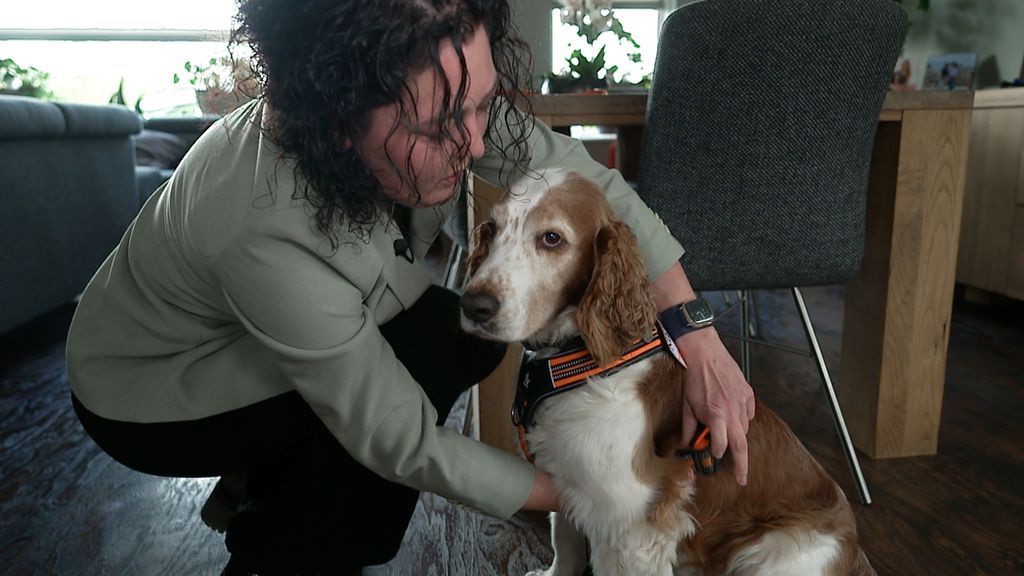NOS News•today, 9:55 PM
-
Judith Pennarts
Investigative editorial team Nieuwsuur
-
Sander Zurhake
healthcare editor
-

Judith Pennarts
Investigative editorial team Nieuwsuur
-
Sander Zurhake
healthcare editor
Patients who have multiple conditions at the same time are often sent from one department to another where specialist doctors carry out their treatments separately. Patients often get lost in a care maze.
Patients are often their own care managers of their increasingly complex care processes. Because what exactly had which doctor done? And the cardiologist did not warn against the medicines that the internist had prescribed for one disease because those medicines would actually worsen the other disease?
Patients are forced to keep an overview themselves, because consultation and coordination between doctors with different medical specialties is not a given, according to joint research by the NOS and News hour.
Wobbly
This leads to fragmented care and can cause disasters, for example due to medication errors. 79-year-old Anjo Geluk has experienced what the lack of coordination can lead to.
She feels “wobbly on her legs” after her original knee was replaced. If she wants to get anywhere now, a crutch is a necessity. Because falling is no exception.
“We will never know whether my knee would have been in better condition if I had received good rehabilitation in the hospital,” says Geluk. Because she did not receive that when several doctors lost overview of her overall health situation.
Patient as a ping-pong ball
A hospital bacterium got into her knee while she was in the orthopedics department and a serious infection was the result. Heavy antibiotic treatments through the IV were required for weeks to remove the bacteria. Geluk’s kidneys were damaged as a side effect of the medication. So she was suddenly transferred to the nephrology department.
“Without any consultation with me, but apparently there was no coordination between the doctors,” says Geluk. “Because I never saw anyone from orthopedics again, even though I needed guidance with exercises for my knee to rehabilitate properly.”
The story of Happiness does not stand alone. In fact, there are also patients who are not only a ping-pong ball between departments within one hospital, but even between several hospitals.
This happened to Diana Kwast. She developed multiple chronic diseases and had 9 different specialists in 5 different hospitals:
Patients like Geluk and Kwast who have multiple conditions at the same time will become the most common patients in hospitals until 2040. And this is already visible to those who ask people about their situation during rush hour at the outpatient clinics of the Jeroen Bosch Hospital in Den Bosch.
An older woman on a mobility scooter: “I spend too much time in the hospital, with different doctors: ophthalmologist, rheumatologist, for Parkinson’s, internist, neurologist, various surgeons. I have just been there again for twelve days.”
‘Hospital subscription’
A man in his 66s with a mobility scooter also appears to be a regular customer. “Only twice this year, but last year 23 times, including my operation on my leg. And now that sugar has just been discovered, I also have a cataract in my eye.”
“I never came to the hospital, but now I have a subscription,” said an 84-year-old man. “I have to be here at least eight more times in the coming months. I do vascular surgery, cardiology and nephrology.”
In this hospital in Den Bosch, the doctors are busy adapting how they treat and work together. Since the corona pandemic, internists, clinical geriatricians, pulmonologists and cardiologists have been working together every morning in a special admission department to develop a treatment plan for complex patients during a structural consultation.
The program is successful. On average, patients can go home two days earlier. In addition, patients visit fewer doctors because the collaboration has halved the number of mutual referrals. Due to its success, the hospital will also make the new working method the standard in other departments. The first outpatient clinic will switch to the new way of working from May. This hospital is currently one of the few places where work is done in this way.









